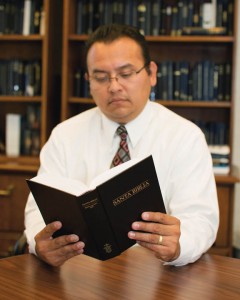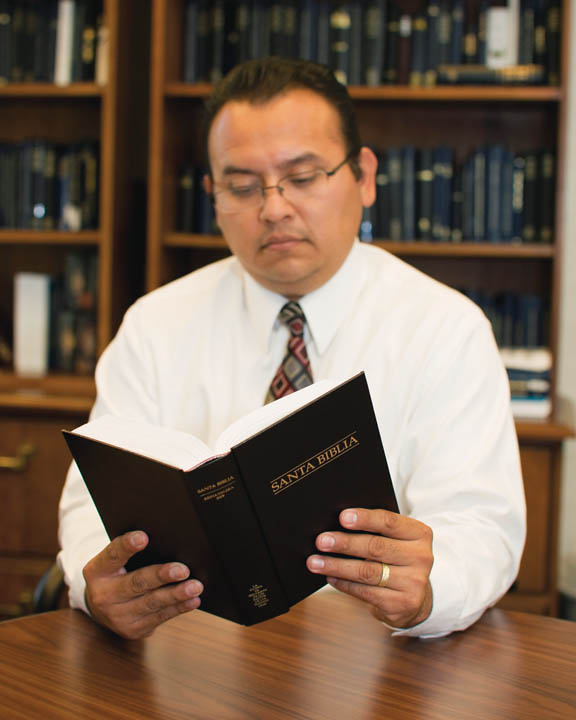Have you ever read the stories of people in the scriptures who were privileged to listen to the Savior speak in person, and longed to be among them? When you read of the Sermon on the Mount, do you imagine yourself sitting on the hill, gazing up at the Savior and savoring every word He says?
 While we may not be able to travel back in time to sit on a hill with the Savior or to join Him for dinner, listening as He speaks, God, in His kindness, has given us a way to feast on the Savior’s words even today. He instructed His people to keep records, and many of those records include the words of Christ for us to feast upon and treasure.
While we may not be able to travel back in time to sit on a hill with the Savior or to join Him for dinner, listening as He speaks, God, in His kindness, has given us a way to feast on the Savior’s words even today. He instructed His people to keep records, and many of those records include the words of Christ for us to feast upon and treasure.
“Angels speak by the power of the Holy Ghost; wherefore, they speak the words of Christ. Wherefore, I said unto you, feast upon the words of Christ; for behold, the words of Christ will tell you all things what ye should do. “(2 Nephi 32:3 in the Book of Mormon)
The Savior’s words give us a visual understanding of how we are to live our lives on earth. He spoke, often, for example, of how we are to treat the poor and the disabled:
But when thou makest a feast, call the poor, the maimed, the lame, the blind (Luke 14:13)
But a careful reading of the scriptures shows us how Jesus Himself carried out this commandment:
Throughout the New Testament, we see the Savior’s kindness to those who were considered unimportant in His community—the poor, the disabled, the sinner. He was kind to them, forgiving, accepting. He included them in His world. He didn’t accept the sins, but He did accept the sinner. He taught the downtrodden by serving them and by treating them with respect, even when others didn’t. I’ve always loved the way He treated the blind man begging on the side of the road. (See Mark 10.)
The man believed that Jesus could heal him, so when He found that the Savior was coming down the road, he called out to Him. Others told him not to bother Jesus. The blind, in those days, were not important members of society, and a blind begger seemed to some to be too unimportant to warrant the attention of someone as important as the Savior. This showed a strong lack of understanding of who the Savior was. Jesus called the man to him and treated him with great respect. He asked what He could do for the man—when was the last time someone spoke so respectfully to this man? Then He told the man it was his (the blind man’s) faith that had healed him. The crowd around him heard that message, and must have looked at the man with a new respect.
The Savior’s treatment of this man mirrored the way He treated everyone at any level of society. This set an example we could see and emulate. Sometimes we humans need a visual to follow when learning what to do.
The scriptures give us a glimpse into the Savior’s life and teachings. Whether or not we see Him standing in front of us teaching, we have His words preserved and reading the Bible and the Book of Mormon allow us to feast on the words of the Savior.
The late Terrie Lynn Bittner—beloved wife, mother, grandmother, and friend—was the author of two homeschooling books and numerous articles, including several that appeared in Latter-day Saint magazines. She became a member of the Church at the age of 17 and began sharing her faith online in 1992.


